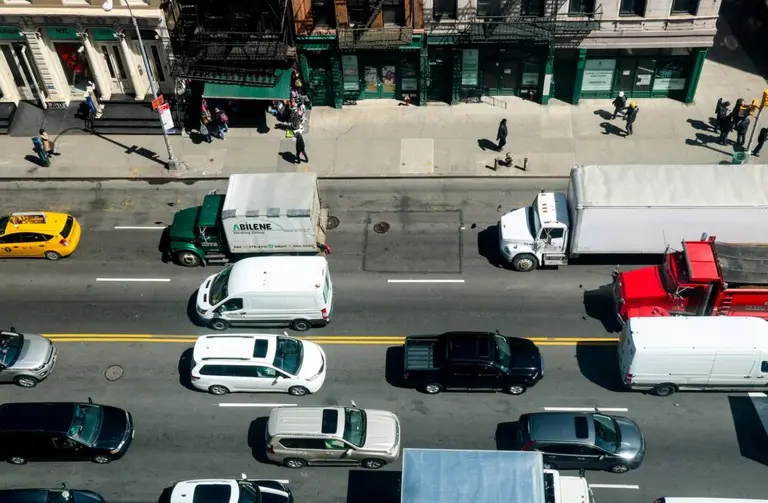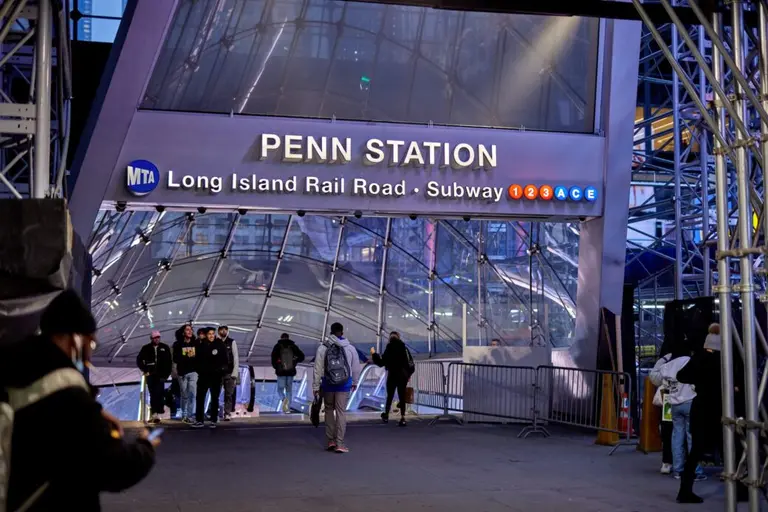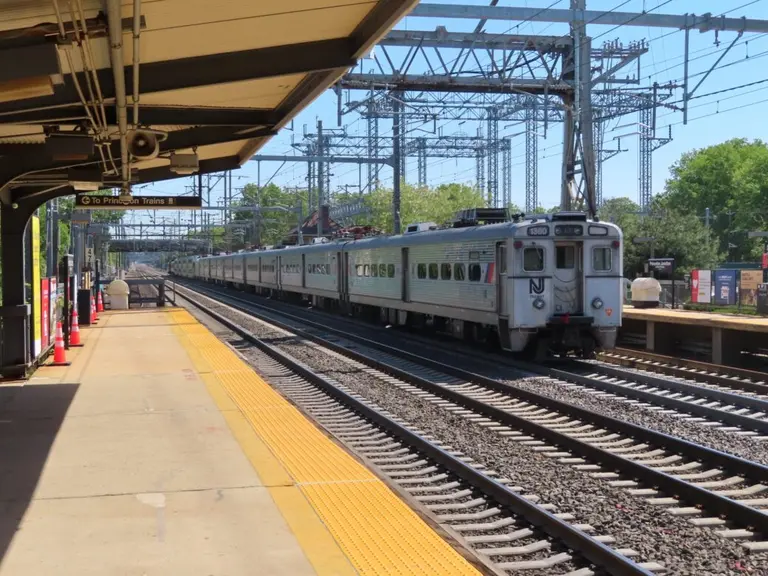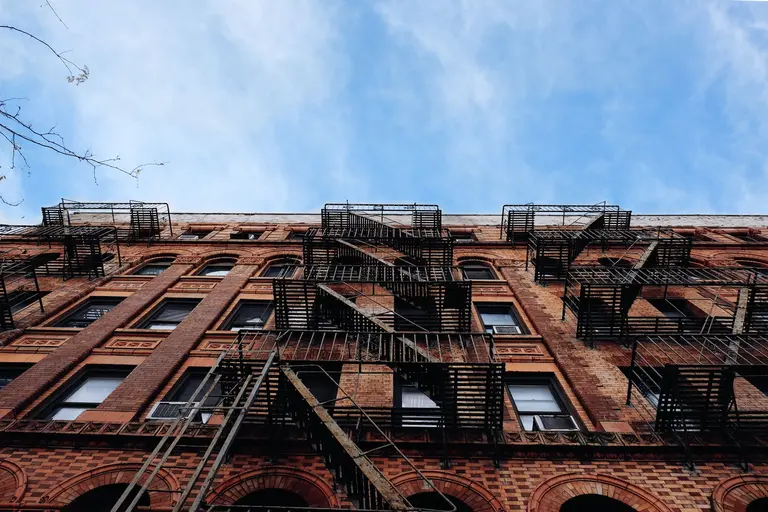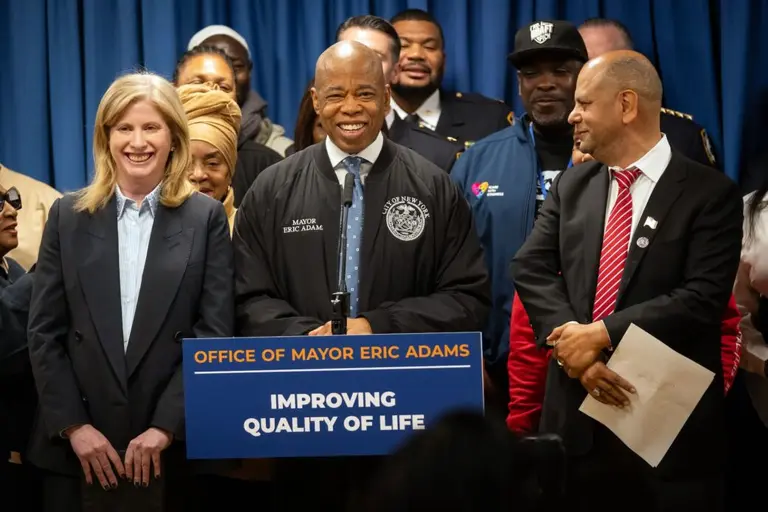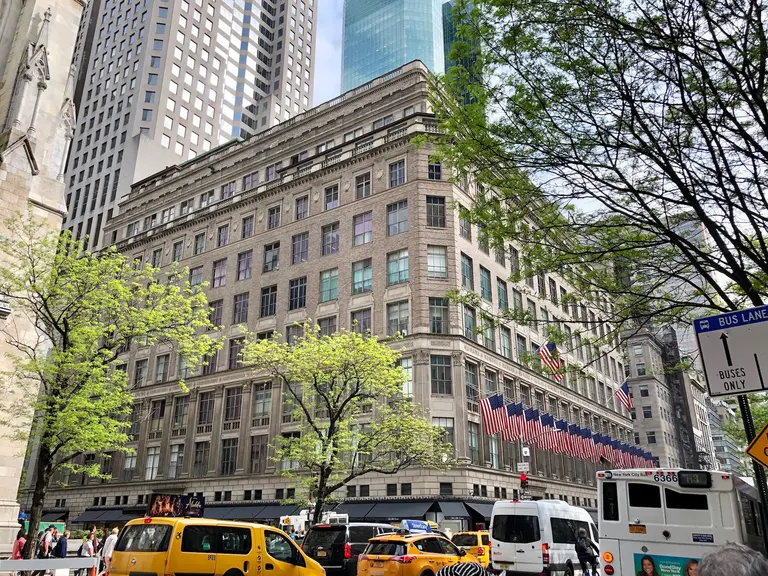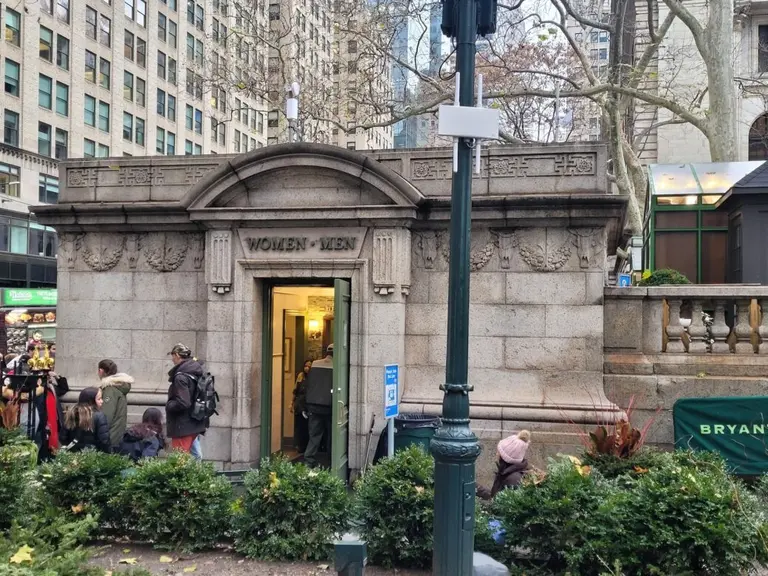Late fees canceled at all of NYC’s public libraries

Brooklyn Public Library’s recently renovated Central Branch. Photo by Gregg Richards
All of New York City’s public libraries have permanently eliminated late fees and will not charge for overdue books and other materials starting Tuesday. This shift in policy, which was first established at the start of the coronavirus pandemic last March, aims to create a more equitable and open system for communities in need, according to an announcement by library officials. Combined, the city’s three library systems, made up of over 200 branches, are now the largest municipality in the country to eliminate fees.
While New Yorkers will no longer need to pay late fines or overdue materials under the new policy, the libraries will still charge replacement fees for lost material. Books and other items are considered lost if they are overdue for one month. Once the materials are returned, the replacement fee is waived.
“This announcement is another major step towards making our public libraries, the heart of so many communities, accessible to all,” Mayor Bill de Blasio said in a statement. “Eliminating fines will let us serve even more New Yorkers, allowing them to enjoy all of the resources and programs that public libraries offer to grow and succeed.”
Previously, patrons of the Brooklyn Public Library, the Queens Public Library, and the New York Public Library (which includes branches in the Bronx and Staten Island) would be blocked from checking out items if they accrued more than $15 in fines. If that policy was still in place today, that would account for 400,000 cardholders in the city, “more than half in high-need communities,” according to a press release.
As defined by the libraries, a high-need community is one with a median household income below $50,000. For the Brooklyn Public Library system, the branches with the highest percentage of blocked patrons are located in areas where over 20 percent of households live below the poverty level.
The trend is seen more in teenagers and children, particularly in Queens, where 65 percent of blocked accounts are those aged 17 years and younger.
Now, cards will only be blocked from use if a patron accrues replacement fees. Even with a block on their cards, patrons can still access computers, e-books, and other online services.
“They are an antiquated, ineffective way to encourage patrons to return their books; for those who can afford the fines, they are barely an incentive,” Anthony W. Marx, president of NYPL, said. “For those who can’t afford the fines— disproportionately low-income New Yorkers—they become a real barrier to access that we can no longer accept.”
“This is a step towards a more equitable society, with more New Yorkers reading and using libraries, and we are proud to make it happen.”
RELATED:

